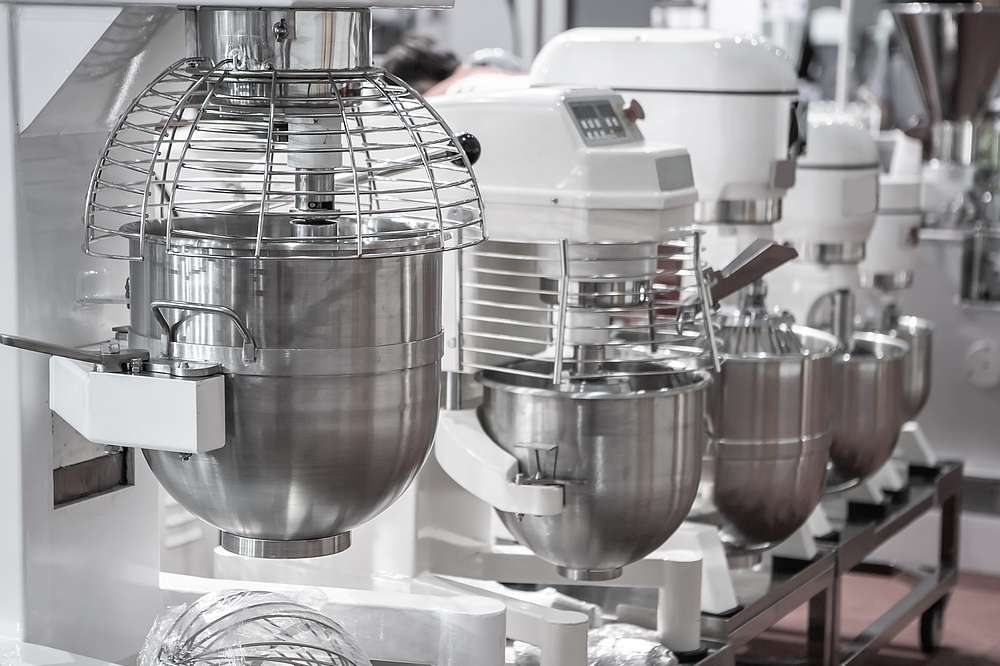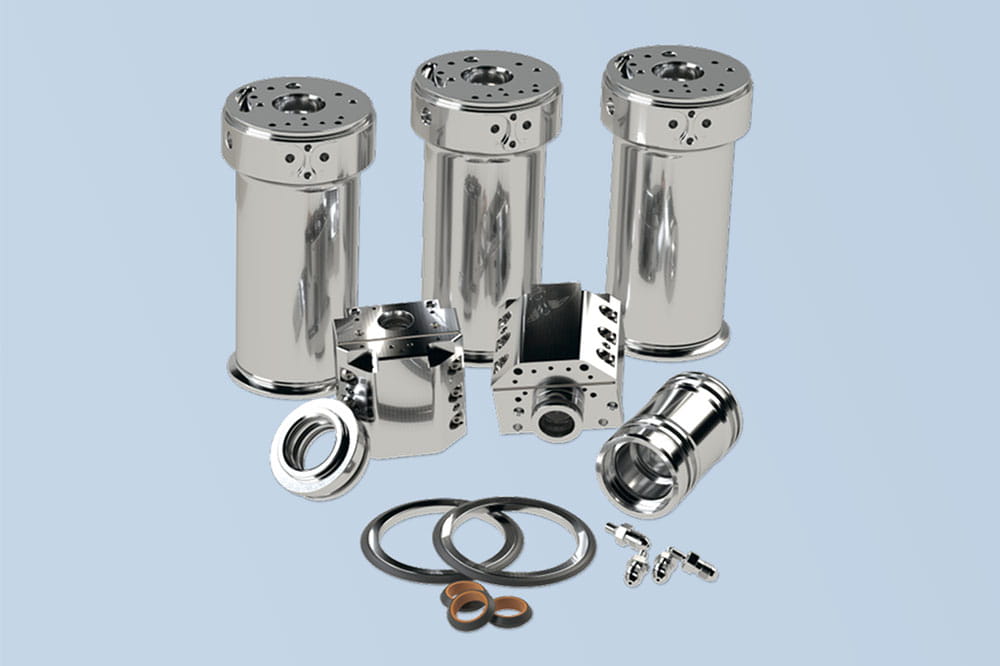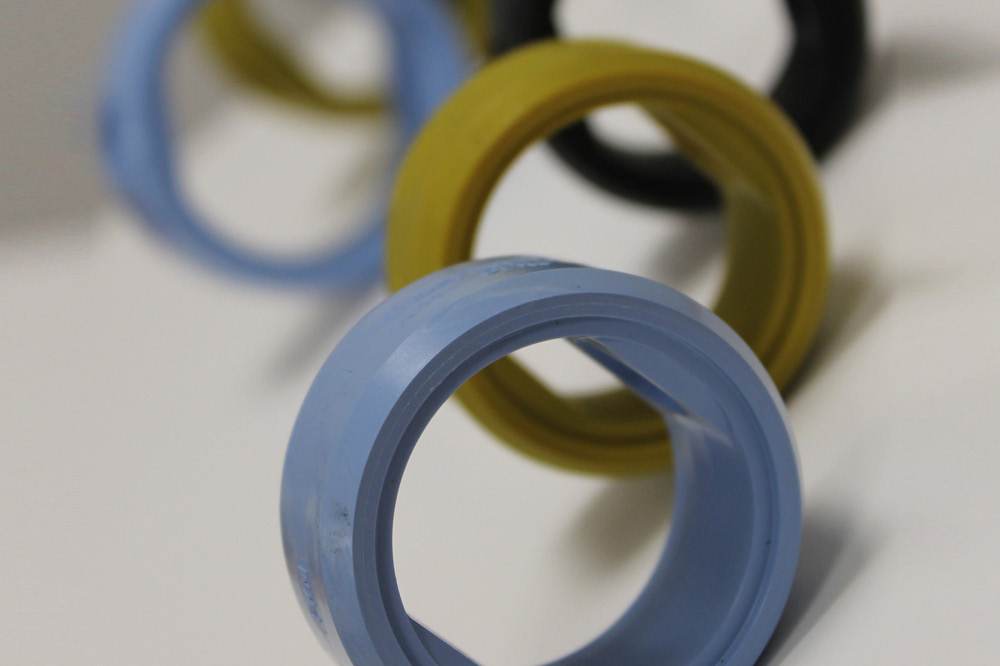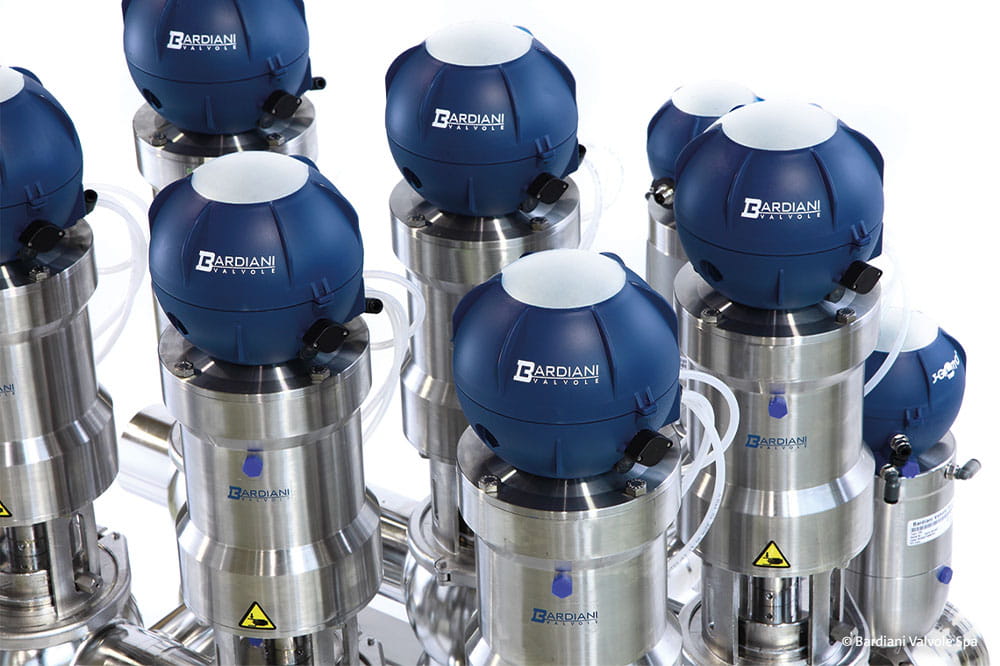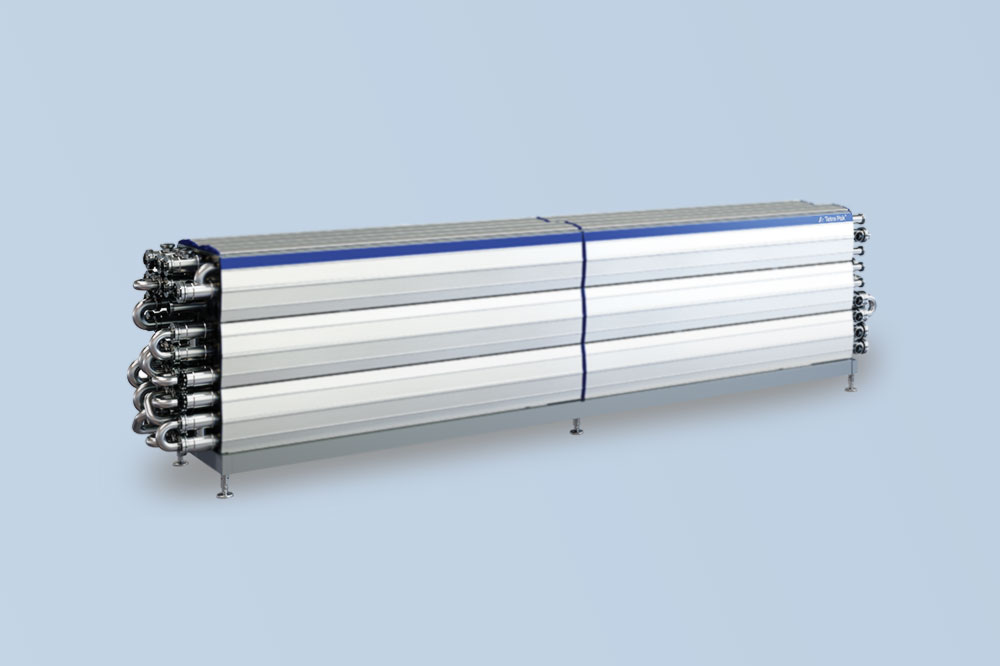
Hygienic Flange Seal for Flow Sensor
Hygienic Flange Seal for Flow Sensor
As a technology leader, Freudenberg Sealing Technologies is the specialist for innovative sealing solutions in the process industry. Our focus is on innovation and partnership. Together with our customers, we develop tailor-made materials and sealing products according to segment- or customer-specific requirements, such as approvals, Hygienic Design and CIP/SIP processes.
Benefits at a Glance
-
Cleanability in accordance with DIN 10113. This standard serves to control the hygiene and cleanability of surfaces in the food industry. It helps to determine the bacterial load and to check the effectiveness of cleaning processes.
-
The seal design complies with hygienic design standards and is designed for a long service life.
-
Premium sealing materials that have the relevant approvals and conformities
-
Optimized project costs through prototyping with the Freudenberg Xpress® service and prior FEM-calculations
The Customer
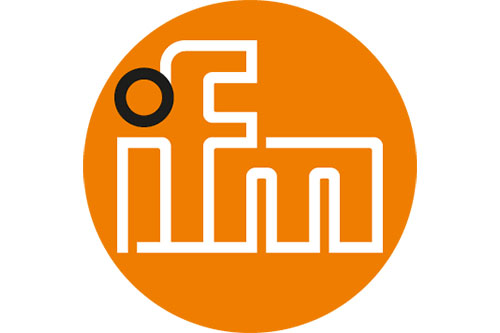
ifm is a group of companies that develops, manufactures, and distributes sensors, controllers, and systems for industrial automation. In the process industry, ifm offers solutions for monitoring and controlling processes
Segment & Application
In close cooperation with our customer ifm, FST developed flange seals according to hygienic design for a new magnetic-inductive flow sensor with an innovative operating concept. This was to be designed specifically for the food industry and had to comply with industry-specific legal regulations such as FDA, EG (Reg.) 1935/2004, and 3-A Sanitary Standards.
Development & Solution
ifm was looking for a reliable and professional partner with the material expertise, know-how, and support required for the development of seals in line with hygienic design principles. FST met these requirements and supported ifm in developing a design that ensured the best possible coverage of the hygienic flange seal in the sensor‘s flow area, taking into account temperature and swelling, in order to meet the highest purity requirements.
The seal requirements were diverse, including durability, temperature resistance, and food safety compliance. It was therefore essential to comply with industry-specific legal regulations in accordance with hygienic design in order to prevent contamination of the product path and enable direct contact with the end product. In addition, the sealing materials had to cover a wide temperature range, be optimized for cleaning in CIP/SIP processes, and offer a longer service life. To meet these requirements, FST recommended forming requirement groups that could be well covered with three premium materials: 70 EPDM 291, 75 Fluoroprene® XP 41, and 70 VMQ 117055. These materials resulted in a total of 27 seal variants that are used in nine different sensor sizes.
The development process comprised several steps:
1. FEM-calculation: Thanks to the digital modeling capabilities of the finite element method (FEM), FST was able to analyze the mechanical properties of the seals in advance.
2. Prototyping: Freudenberg Xpress® Service produced the first machined prototypes required for this initial validation step. Advantage: The samples were produced using the same material intended for series production. In addition, no tool production was necessary, which saved time and money.
3. Production of near-series samples: Production-ready tooling patterns were created and subjected to final validation.
4. Series tools and series sampling: Based on positive results, the necessary series tools were created and series sampling was carried out by FST.
This step-by-step validation and verification of the development stages was key to our joint success and demonstrates the strength of the collaboration between ifm and FST.
Do You Already Know Our Other Success Stories?
